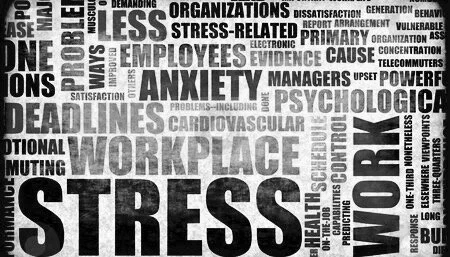In the context of our health accounts, the fight-or-flight system is energetically expensive and burns through our savings faster than high-interest credit cards. So how do we manage our health finances? What is the equivalent of an RRSP in health terms? When do we focus on accruing savings vs. minimizing spending? And what does it mean in practical terms to invest in our health?
Stress: The Great Drain on Our Health Account
Our body has two basic operating systems; the “fight or flight” system and the “rest and digest” system. Both of these systems are vital and we need them both, but we need them in the right balance. And unfortunately, as a society, we are drastically out of balance. Our bodies were never meant to be exposed to a sustained stress response, which is why chronic stress is implicated in obesity, diabetes, cardiovascular disease, autoimmune disease and countless others.
Stress: Understanding Health Accounting
In bank account terms, our fight-or-flight system (which is our prevailing operating system when we’re under stress) is a rampant spender, while our rest-and-digest system (which governs our bodies when we’re relaxed) is the fiscally responsible saver. The bottom line, as it were, is that if we’re hoping to make it into retirement with a healthy savings, we need to manage our spending and make regular contributions to our savings account.









